The Industry Box July 2016
Markets Take Stock Following British Vote
A week after Britain's shocking vote to leave the European Union, markets seem to have pushed the pause button. Here are a few ways markets are rethinking the impact of the unprecedented move by an EU member to begin unravelling the nearly 60-year-old project to bring peace and prosperity to Europe.
The tumult in Britain and Europe sent investors fleeing to the refuge of U.S. government bonds, pushing down American interest rates. Long-term U.S. mortgage rates fell to new lows for the year, which is good news for the housing market.
Economists, impressed by the vitality of American consumers, expect the economy to grow at least twice as fast from April through June as the 1.1 percent rate in the first quarter. Consumer spending, after all, accounts for 70 percent of U.S. economic activity.
The Federal Reserve reported that 31 of 33 big banks passed an annual checkup meant to show whether their finances are strong enough to withstand a major economic downturn.
The amped-up dollar and the uncertainty that followed the British vote mean the Federal Reserve probably won't raise American interest rates anytime soon, perhaps not until next year. S&P Global forecasts the Federal Reserve will "likely stay on the sidelines" until its December meeting. The Fed will then "gradually" raise rates next year, S&P Global says.
Consumer Confidence Rises to Highest Level Since October
U.S. consumer confidence rose this month to the highest level since October.
The Conference Board reported recently that its consumer confidence index rose to 98 in June, snapping a two-month losing streak. The survey measures how consumers assess current conditions as well as their outlook for the next six months.
Americans view of current conditions was the most positive since September. Their expectations for the future also grew sunnier as did their outlook for the strength of the job market.
The survey was conducted before Britain voted to leave the European Union in a move that has shaken global financial markets.
Investor Derby: Gold Leads The Market in 2nd Quarter
Gold shone brighter than any other investment in an up-and-down quarter. Over the last few months, gold continued to recover its appeal as investors reacted to a host of worries. Real estate also outperformed the market, as it's done in recent years.
Most types of investments did fairly well in the second quarter as the market put the winter's woes in the rearview mirror. A wave of nervousness over Britain's vote to leave the European Union washed over the market in late June, but many of those losses were undone by the three-day rally that ended the quarter.
An analysis of nine different types of investments by The Associated Press showed that eight gained value in the second quarter. Only large-cap companies based overseas lost value.
The AP analysis, using data from FactSet, shows that the top-performer over the past 10 years for regular investors - those who invest a portion of their income every month and hold for the long term - has been real estate investment trusts, which have done a bit better than U.S. stocks.
Real estate is the best-performing asset class over the last year, the last five years, and the last 10 years. Gold, however, has lagged most other kinds of investments over that period.
37 Percent of Millennial Loans Closed in May Were FHA Loans
FHA loans continued to be popular amongst millennials according to the Ellie Mae Millennial Tracker™, a new interactive online tool on millennial loan trends in the United States. May data from the Millennial Tracker showed 37 percent of millennial loans closed in May were FHA loans, staying steady from April.
May data from the Millennial Tracker showed that women were listed as the primary borrower on 32 percent of closed loans, holding steady from March. When women were listed as the primary borrower, 38 percent were married and 61 percent were single, a striking difference from men. When men were listed as the primary borrower, 58 percent were married and 41 percent were single.
Conventional loans represented 60 percent of total millennial closed loans in May, remaining steady from April. Loans took an average of 44 days to close, up from 43 days in April. The average FICO score for all closed millennial loans was 722, up slightly from 721 in April.
Copyright 2016 The Associated Press. All rights reserved. This material may not be published, broadcast, rewritten or redistributed.
This letter is for information purposes only and is not an advertisement to extend customer credit as defined by Section 12 CFR 1026.2 Regulation Z. Program rates, terms and conditions are subject to change at any time. Licensed by the Department of Business Oversight under the California Residential Mortgage Lending Act, 4131316 NMLS #237653





